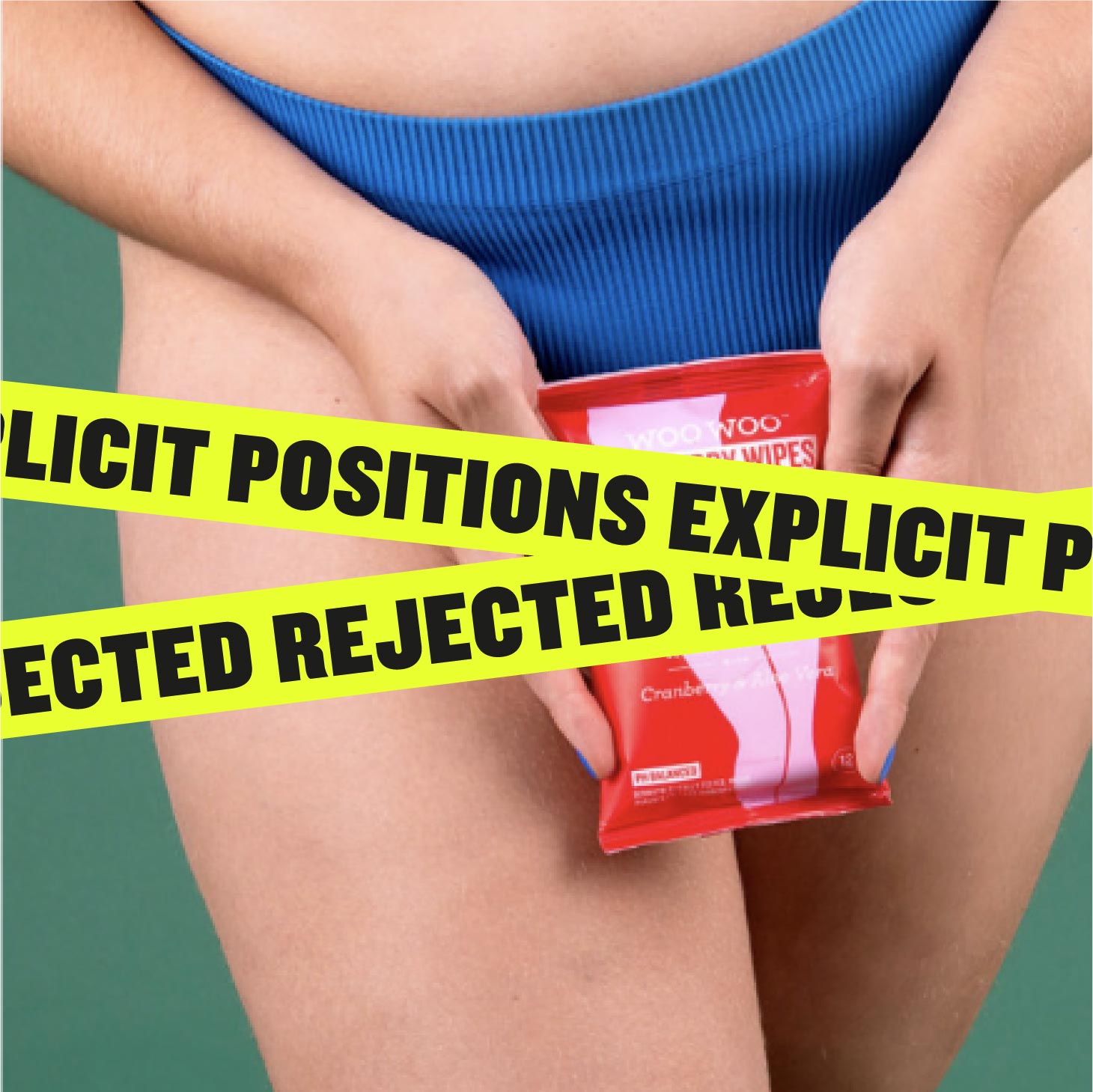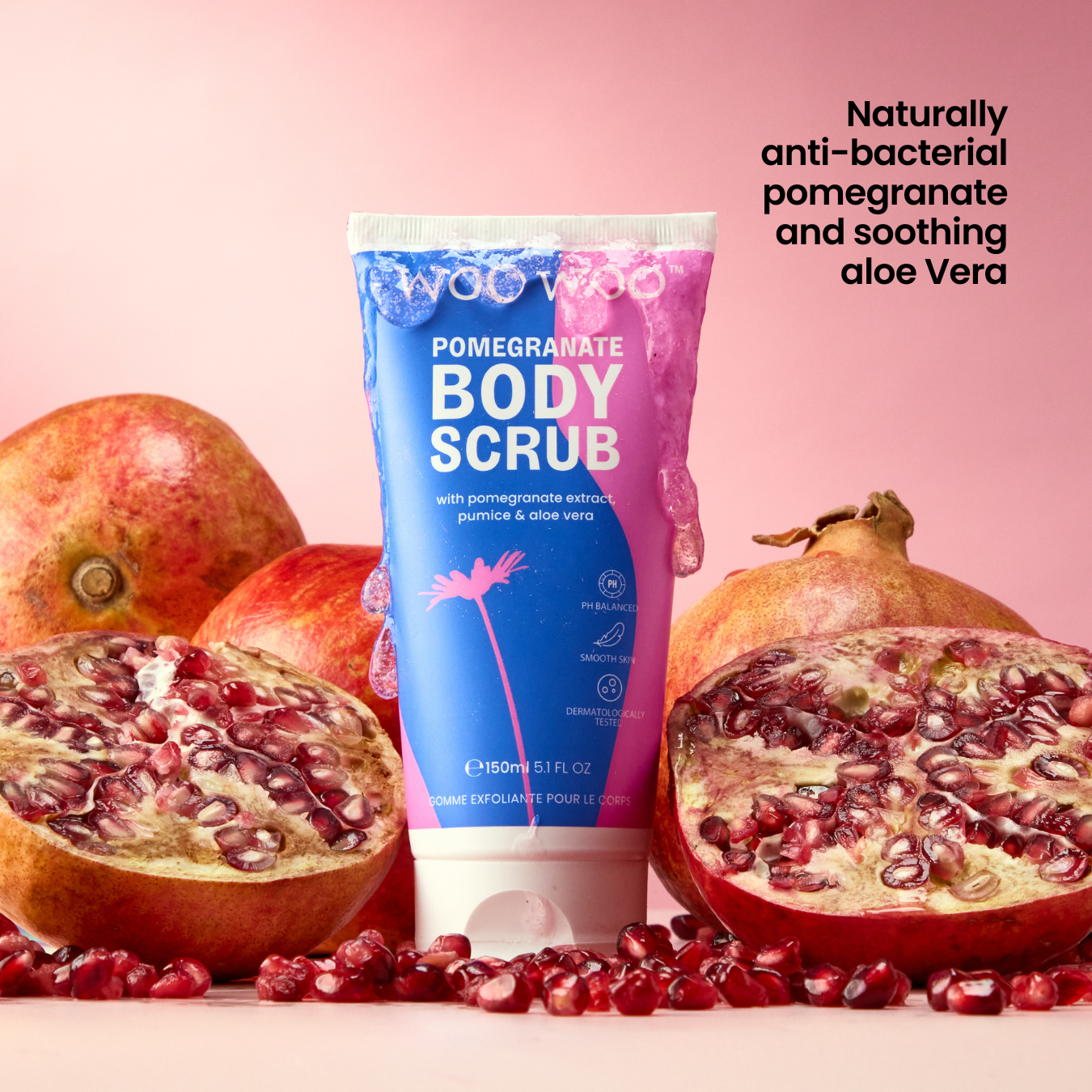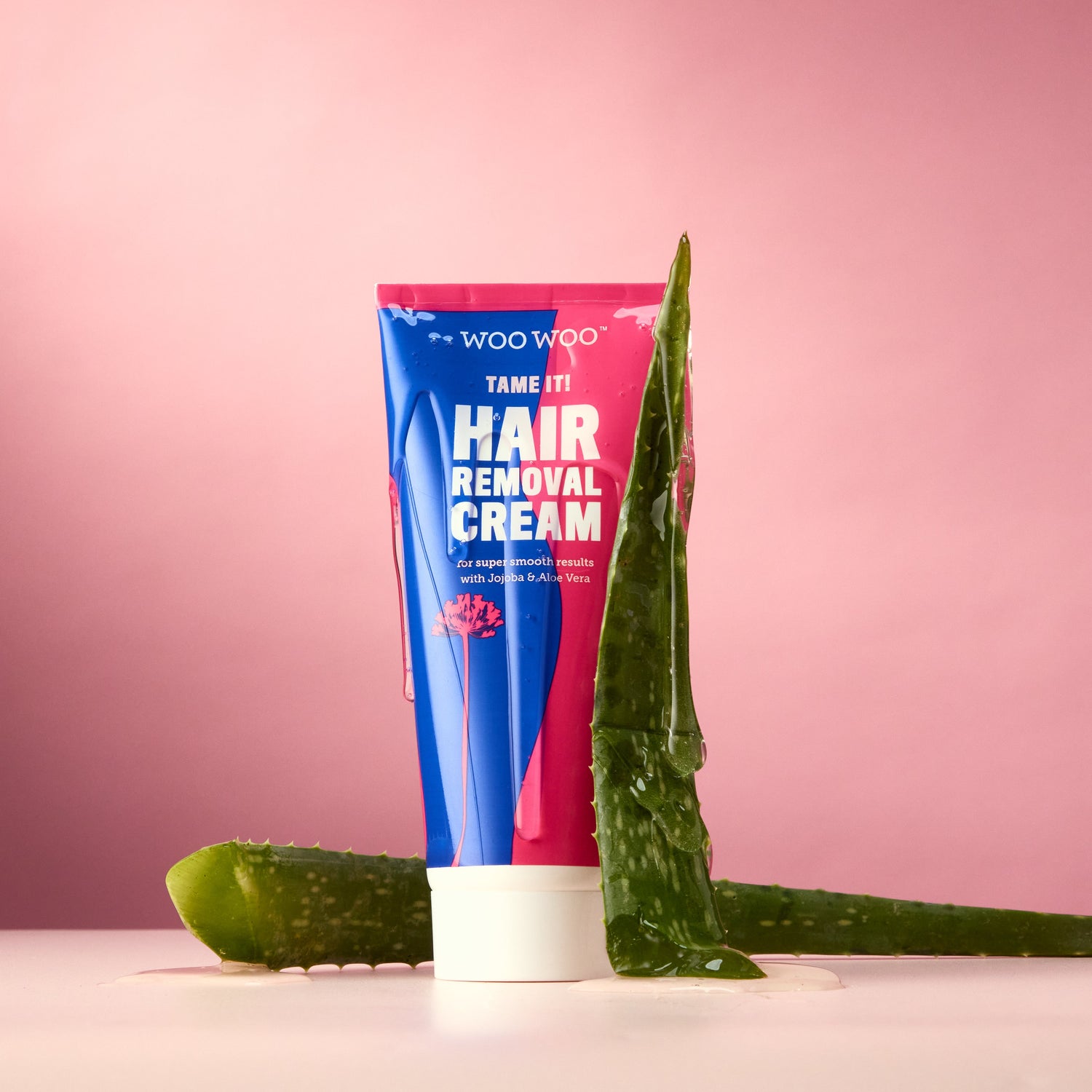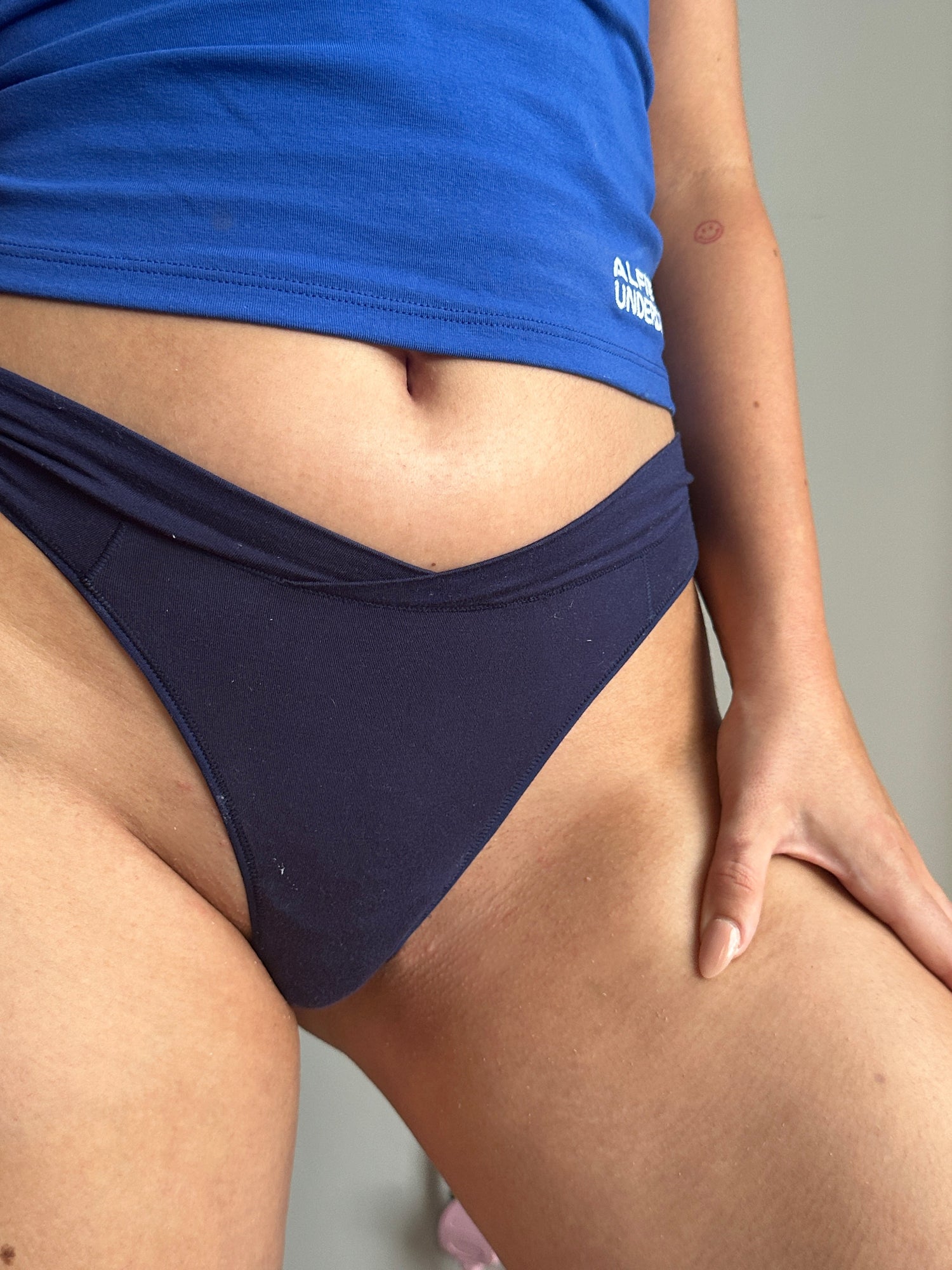
Believe it or not, it’s been 8 years since the emergence of #freethenipple in 2012. Yes NEARLY A DECADE. And in the last 6 months we’ve had 948 ads rejected and banned from social media for the likes of ‘adult content’, ‘adult products or services’. We’re talking the likes of gals in undies (innocently, may we add), the mere mention of vaginas, periods, and of course, anything relating to female sexual wellness. While memes may have a sell-by-date, movements do not! Why is it still not ok to say the word vagina or post period positive images? This week, WooWoo is grabbing the unfairness of female nudity and censorship by the big juicy cheeks – outraged at how eight years has passed without any real change. Why are our nipples not free yet?!
Instagram cites that female nipples are strictly off-limits in photos unless they are ‘a form of protest or to raise awareness for a cause’ however, male nipples are free to roam the platforms regardless of their purpose. The bias and inequality when it comes to female nudity and censoring encourages the taboo and is unjust. In 2020 we still live in a world where Instagram removes images of breastfeeding and mastectomies, but has no problem with nude photos of women that have copy-pasted male nipples over their own.
Let’s take a moment to remember the iconic moment Amber Heard put Instagram guidelines to shame when she highlighted their double standards. Amber originally posted a photo of herself wearing a blazer, exposing one nipple. The photo, a collaborative project between Interview magazine and Saint Laurent, was removed from Instagram for ‘violating the app's community guidelines’. She then reposted the same image but replaced her face and body with Jason Momoa's. Her caption read, “In honor of IG’s rigorous and equitable Community Guidelines against showing the Female nipple ..and since mine enjoyed the brief privilege that’s afforded to my male counterparts.. I decided to pay homage by replacing it with a picture that DID meet IG’s strict nudity guidelines and such careful gender policies.” YES, this is the kind of energy we’re all about.

While we applaud the many creative babes that have found innovative ways to embellish their nipples with flowers, paint, or glitter to avoid their images being removed from Instagram and Facebook, we remain scandalised that this has become the norm for female nudity. How is it fair that in a world where every gender has nipples, only half of them are deemed “suitable” and “appropriate” to appear in advertising and social media? It extends so much further than those two tiny circles of pleasure – the system seems to be inherently biased against vaginas and sex too. Did you know that Lisa Brown, a US Democratic state senator, was barred from speaking in the Michigan state courthouse just for using the word ‘vagina/. She was told that she had "failed to maintain the decorum of the House of Representatives". HOLD UP. VAGINAS ARE MAGIC. Don’t even get us started on the fact that it’s totally fine for a group of men to chat about sex and vaginas, but when women do it’s a different story.
The guidelines, loopholes and unspoken laws that govern sexual politics and female nudity on social media platforms are incoherent and, quite frankly, a minefield. One minute, Facebook can be ay-okay with an image we used to promote our Tame It! Intimate Hair Removal Cream which featured one of our models in pink knickers (which you’ve all loved by the way, they were from Next). The next moment, all of our ads are being rejected for nudity. “Avoid nudity, people in explicit positions or sexually provocative activities” we’re told. The male gaze with which these ads are viewed and rejected essentially sends the message that women cannot be seen in their underwear without it being sexual.

We’re tired of sexist social standards, objectification and sexualisation, not just only social media, but in real life too. We have been told by publishing houses that “due to the intimate nature of your product, we don’t feel this is the right fit for us and are unable at this time to support your advertising requirements”. We also know it’s the reason we’ve been pulled from editorial features on various occasions too. Yep. From the same magazines that feature nude women in fashion and perfume ads. How can we sexually educate young women and encourage them to feel confident and comfortable in their sexuality, when it is still largely a taboo and deemed inappropriate? In discouraging healthy depictions of sexual wellness, society is teaching us to be ashamed of being a woman and exploring our sexuality.
Recently, Instagram has also inexplicably censored almost all of the pole dancing community’s content too. All hashtags were blocked without any explanation other than ‘content may not meet Instagram’s community guidelines.’ This petition demands that Instagram rethink it’s guidelines. “It is not profane, pornographic, injurious or hateful. What we do requires skill, strength and discipline. It is a dance art; it is fitness training; it can be sexy and entertaining - but it does not violate Instagram’s terms of service. To perform aerial acrobatics on a pole requires skin grip - but we are not nude. We dance, compete, run small businesses, perform legally and legitimately. We respect each other.”

As a brand that supports and advocates for female power, rights and the importance of intimacy, we have noticed that there are still a lot of inequalities in how women and female nudity are portrayed and perceived in advertising. How is it that healthy depictions of sexual wellness are still totally taboo? So many of our ads have been rejected by Facebook and Instagram for their ‘inappropriate content’. We have been told time and time again that our ads promoting feminine health, self-care and pleasure are sexually suggestive. How, just how, is an image of a glitter period, adult content we ask? Surely this should be normalised so that period shame becomes a thing of the past? A study by She Thinx found that 58% of women have felt embarrassment from being on their period, and 51% of men believe that it is inappropriate for women to refer to their menstrual cycle in the workplace. Why should we have to censor our bodily functions for men, just because they think it’s ‘disgusting’ or ‘offensive’? Hun, if you experienced a period you would be bragging about the size of your tampon! One of our Insta fans, @barbieinthecitymua, reposted the glitter period picture in question to her Facebook account and faced a 24 hour ban. Of course she was furious, she experienced the same thing we face, day in and day out.

Giving the finger to societal norms is why WooWoo was started in the first place. We didn’t see what we wanted, so we set about creating it. Our whole range is designed to encourage positive sexuality and intimate hygiene and our aim is to make women feel more comfortable talking about their sexual health, less worried about their sexual history and more focused on their pleasure. The easiest way of doing this is by being open about sexual health and creating a world where sex and pleasure feels normal, unashamed and attainable - right there on your social feed in the most normal place possible. Posting about and discussing things like condoms, lube, orgasms and vaginas is a healthy part of sexual education. It can also change the way that women approach sex, as well as supporting positive sexual health outcomes and reducing risky or inappropriate sexual behaviour.
As a brand we simply want to engage in a mature and public conversation about care down there and sexual politics without the rejections, the side-eyes and negative connotation. But how on earth can we successfully support all you amazing babes out there when social media platforms just won’t give us the time of day? We’re not going to give up in this endless fight to do away with societal norms that dictate female nudity and censorship. We’ll keep posting our images, talking our talk and battling to put the taboo to bed.
If you’re tired of these double standards, and women’s bodies either being policed or overly sexualised, then take a stand with us. Help us turn this rejection into power by reposting one of our images to your Instagram page with the #stopsexualisingourbodies





